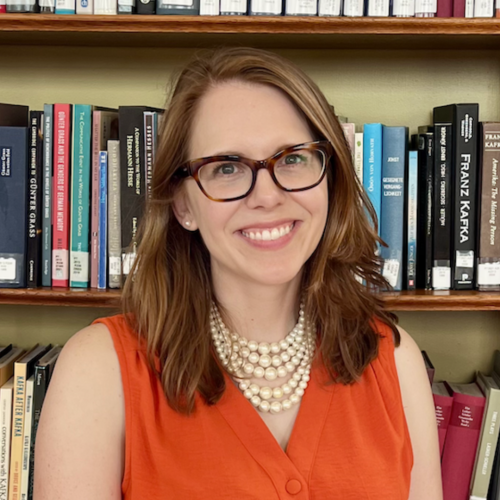Assistant Professor Madelyn Rose Sanfilippo will present her research at The Research Conference on Communications, Information, and Internet Policy (TPRC), which will be held virtually on February 17-19. TPRC's mission is to promote "interdisciplinary thinking on current and emerging issues in communications and the Internet by disseminating and discussing new research relevant to policy questions in the U.S. and around the world."
Sanfilippo will present "Sociotechnical Cooperatives: The Impact of Technology on Cooperative Organizations," which she co-authored with Tithi Chattopadhyay, associate director of the Center for Information Technology Policy at Princeton University. In the talk, she will examine the impact of information and communications technology (ICT) on cooperative organizations, in particular the impact of ICT on cooperatives’ economics of ownership, structure and transactional nature, and technological adoption and innovation. For their project, the researchers performed a high-level network analysis of interrelationships between cooperatives and conducted interviews with a small subset of cooperatives.
"We started thinking about this project before the pandemic, to address a gap in research focusing on the technology needs of U.S.-based cooperatives and to develop recommendations or best practices for cooperative organizations, which often benefit rural populations and otherwise economically marginalized populations," said Sanfilippo. "Yet, as we continued our interviews throughout 2020, we found that many of these organizations, which had been doing distributed work for some time, were more robust and better able to meet the needs of their members and customers under stressful, challenging pandemic conditions than were more conventional businesses in their communities. In this sense, the project has become more important over time."
Sanfilippo's research empirically explores governance of sociotechnical systems as well as outcomes, inequality, and consequences within these systems. She earned her MS and PhD in information science from Indiana University.
